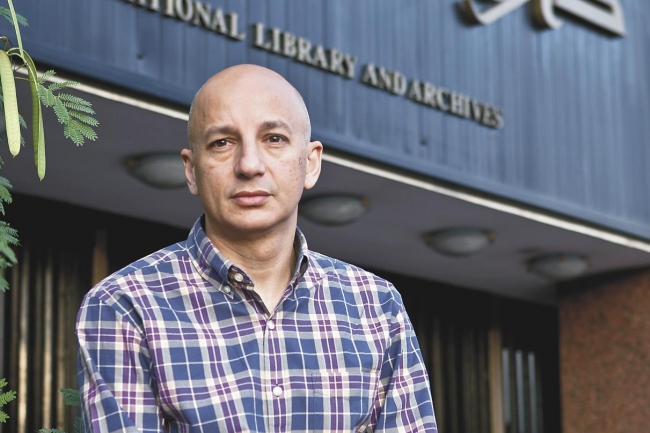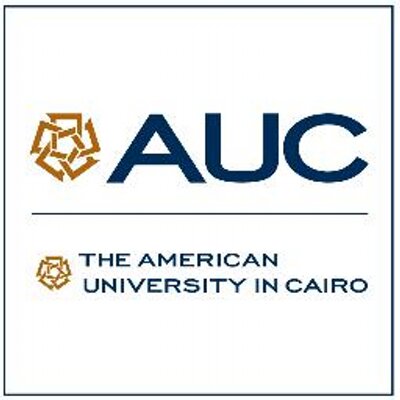On the precarity of conducting academic research in Egypt today. A talk delivered at UPenn on 13 October 2021.
Leave a CommentTag: Academic freedom
(This chapter was originally published in Italian on 13 January in Minnena 2: Repressione, disinformazione e ricerca tra Egitto e Italia, edited by Lorenzo Casini and Daniela Melfa.) The tragic fate that Giulio Regeni met in Cairo in January 2016 is a grim blot on Egypt’s record of protecting academic research. While academic freedom is not sacrosanct in Egypt, never before has a researcher, national or foreigner, been abducted, tortured, and murdered because of their research, no matter how delicate or sensitive their subject matter is. Five years after Regeni’s brutal murder, the Egyptian authorities have yet to identify, let…
Leave a CommentCinque anni fa, Giulio Regeni veniva sequestrato, torturato e brutalmente ucciso al Cairo mentre faceva ricerca sul campo per il dottorato che avrebbe conseguito presso l’Università di Cambridge. La morte di Giulio è stata una tragedia. Un colpo terribile per i suoi familiari e i suoi amici. Un evento orribile per i suoi colleghi universitari a Cambridge, al Cairo, e per l’intera comunità accademica globale. Si è trattato anche di un assalto al principio di libertà di ricerca accademica che contraddistingue il lavoro di tutte le università, e che Giulio incarnava. Questa settimana ci fermiamo, nel ricordare le qualità di…
Leave a CommentPublished in Ahram Online on June 23, 2013 Culture ministers should promote freedom of thought, speech and academic research, not censorship, closure and ignorance. But then in Egypt, avarice and ineptitude reigns from the top One is at a loss as to how to make sense of the most recent policies of the president, the government, and the Muslim Brotherhood. In the latest gubernatorial reshuffle, I can understand that President Morsi would prefer to adopt the policies of the toppled president in designating border governorates to officials from the police and the army, given that the Brotherhood’s constitution had failed…
Leave a CommentPublished in Ahram Online on May 9, 2013 Researchers in Egypt face suspicion and a misguided obsession with security concerns, which is both a symptom and a cause of the country’s cultural backwardness On a trip to London last week, I visited the Royal College of Surgeons, which houses an impressive museum about the history of medicine and surgery from the 18th century to the present. As I have an interest in the modern history of medicine in Egypt, I spent an entire day at the museum and the College’s archives. I was intrigued at how the museum told the…
Leave a CommentPublished in Ahram Online on March 10, 2013
Egyptian and Gulf universities are in danger of violating academic freedom under the pretext of protecting national security
Leave a CommentPosted on Facebook on February 27, 2013 Tomorrow I was supposed to got to Dubai to attend a one day workshop on Sunday in which the Alexandria Trust was expected to launch “al-Fanar“, a new publication devoted to the state of higher education in the Arab World. However, given the recent decision by the government of the UAE to deny entry to Prof. Kristian Coates Ulrichsen of LSE, the whole launch was cancelled. Dr. Ulrichsen was supposed to give a paper on Bahrain in a conference organized by the American University of Sharjah in collaboration with LSE. He had earlier…
Leave a CommentShort speech delivered at the open forum held at AUC on the occasion of the student strike and campus closedown, October 2012
Leave a CommentAn article by Ursula Lindsey published in the Chronicle of Higher Education on June 12, 2012 Group hopes to encourage inquiry with an open archive of the revolution THE EGYPTIANS who poured into the streets of their cities early this year were well aware that they were making history. “In 10 years, when I see my children studying Egyptian history, I want to say: ‘I was there,’” Ahmad, a young demonstrator on his way into Tahrir Square, told me on February 4, a week before President Hosni Mubarak was driven from office. Egypt is still living through its revolution, and…
Leave a CommentPosted on Facebook on March 21, 2012 The reasons for my call for a boycott of the German University in Cairo and declining to attend the conference on “Downtown Cairo” due to be held at GUC on 24 and March 25, 2012: I believe that the university, any university, must be an open place where everyone has the right to express their opinion without threat or intimidation; this right, furthermore, should not be limited on campus to a certain place or time. Providing a climate that is conducive of intellectual and academic debate at the university is conditional upon the…
1 Comment






